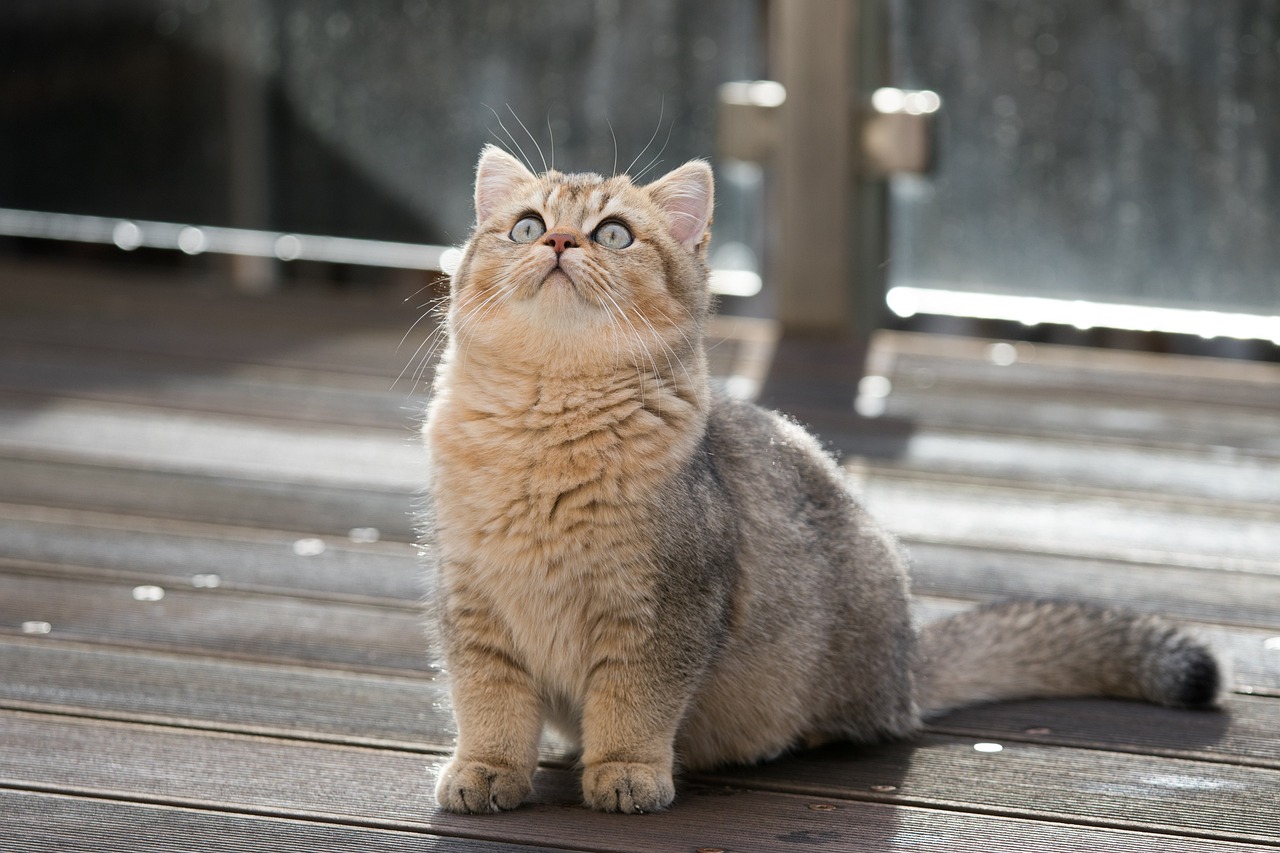
While cats are often seen as independent animals, they can form strong attachments to their human companions. This attachment isn’t always obvious, especially with a pet known for its aloof reputation. However, for cats that follow you everywhere, their behavior might indicate a deeper bond than you’d expect.
Do Cats Need Attention Like Dogs?
Contrary to popular belief, cats can be just as affectionate as dogs, albeit in their unique ways. Cats who follow you from room to room might crave companionship, seeking closeness even if they maintain their signature “I’m just here, no big deal” look. So, what drives this close proximity?
- Bonding and Social Connection: Cats, particularly those with strong attachments, may follow you as a form of social bonding.
- Observation and Learning: Felines are intelligent creatures who like to observe and understand their environment. Following you allows them to keep tabs on what’s going on.
- Curiosity and Exploration: Curiosity is a strong trait in cats. Following you helps satisfy their natural curiosity and provides mental stimulation.
Is Your Cat Protecting You?
While cats don’t guard in the same way that dogs do, some feline experts believe that cats who follow their owners might feel a sense of responsibility for them. If your cat feels protective, they may follow you to ensure your safety, or at least keep an eye on you.
How Does Your Cat’s Instinct Play a Role?
Feline instincts are wired for survival. Despite being domesticated, cats still retain some of their wild ancestry. By following you, your cat is:
- Maintaining Territory: Cats are territorial, and they see you as part of that territory. Keeping close allows them to monitor their ‘domain’ and any potential threats within it.
- Seeking Safety: If they trust you, they may feel safer being near you. Your presence reassures them in unfamiliar or uncertain environments.
Curiosity or Hunger – Does Your Cat Just Want Food?
A less sentimental but equally plausible reason could be that your cat is simply hungry. Many cats have a keen sense of routine and can tell when feeding time is approaching. If you’re heading to the kitchen, don’t be surprised if they’re hot on your heels.
Signs Your Cat Might Be Following You for Food
To discern if your cat’s pursuit is hunger-driven, look for these telltale signs:
- Vocalization: Cats will often meow or purr loudly, especially near feeding areas.
- Head Butts and Rubbing: When hungry, cats will often nuzzle or rub against you to get your attention.
- Pacing and Staring: If they sit in front of their food area, they may be signaling, “It’s mealtime, human!”
Why Cats Follow Their Favorite Humans – Do They See You as Family?
Cats are unique in their social structures, but they do form bonds with their human family members. This relationship may drive your cat to shadow your movements, just as a kitten would follow its mother.
How Cats Show Affection by Following
While some cats show affection through purring or kneading, others display their love by sticking close. Here’s why following you can be a sign of love:
- Imitation and Mirroring: Cats mirror the actions of their humans as a form of bonding.
- Comfort and Familiarity: You are a source of comfort to your cat, providing warmth and familiarity. Being close to you makes them feel safe and content.
- Seeking Attention: If they want your attention, they may follow you around as an invitation for a cuddle or some playtime.
Does Breed Influence This Behavior?
Not all cats follow their owners everywhere. While each cat has its personality, some breeds are naturally more social and curious, making them more likely to stick to you like glue.
Social and Curious Breeds That Love Following
Certain breeds are more inclined to follow their humans. These include:
- Siamese: Known for their vocal and affectionate nature, Siamese cats are often the ultimate “shadow” cats.
- Maine Coon: Friendly and curious, Maine Coons are known to be loyal companions.
- Ragdoll: Ragdolls have a reputation for being affectionate and people-oriented, so it’s common for them to follow their favorite humans.
Separation Anxiety in Cats – A Possible Explanation?
It’s not often discussed, but cats can experience separation anxiety, especially if they’re very attached to their humans. If your cat’s behavior becomes excessive – like following you everywhere, even scratching at doors or vocalizing when you’re out of sight – separation anxiety could be a factor.
Signs of Separation Anxiety in Cats
To determine if separation anxiety is the reason behind your cat’s behavior, watch for these symptoms:
- Excessive Meowing or Crying: If they’re vocal when you’re not around, they might be anxious.
- Destructive Behavior: Scratching furniture, excessive grooming, or other destructive actions can indicate distress.
- Changes in Appetite: Anxiety can sometimes lead to a loss of appetite in cats.
What to Do if Your Cat Follows You Everywhere
If you enjoy your cat’s company, you may not mind this behavior. However, if you’re concerned or if their attachment seems unhealthy, there are ways to help them feel more independent.
Encouraging Independence in Your Feline Friend
Here are some tips to help your cat become more self-sufficient:
- Set a Routine: Cats thrive on routine. Establish regular times for feeding, play, and rest to create a predictable environment.
- Offer Interactive Toys: Providing toys that stimulate your cat can occupy their time and reduce dependency on you for entertainment.
- Designate a “Cat Space”: Create a cozy, dedicated area where they can relax. Include a bed, blankets, and toys to encourage them to spend time there independently.
- Consider Another Pet: In some cases, adding another cat or pet to the household can provide companionship if your cat seems particularly attached to you.